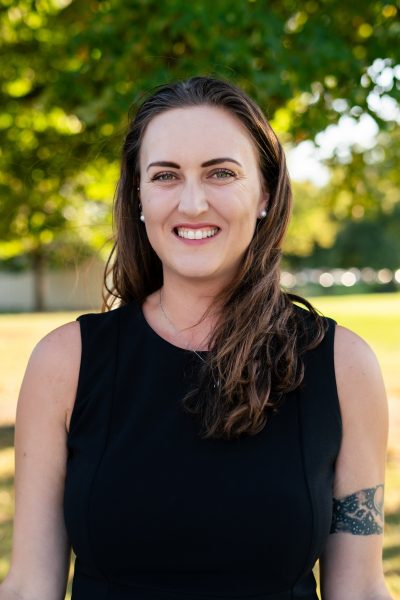Interview with PlanetS Alumni – Emily Rickman

Dr. Emily Rickman is an astrophysicist for the European Space Agency (ESA) based at the Space Telescope Science Institute (STScI) in Baltimore, USA. STScI is home to the mission operations for the James Webb Space Telescope (JWST) and the Hubble Space Telescope (HST) of which Dr. Rickman serves as a science team member. She was awarded a PhD in 2020 from Geneva Observatory, as a member of PlanetS, in direct imaging of exoplanets, and was then awarded a fellowship with ESA to pursue her research further. She now leads a research group as a faculty member, focusing on studying the atmospheres of giant exoplanets using JWST.

Dr. Emily Rickman
What inspired you to pursue your current career? How did the experience at PlanetS influence your choice?
I was excited about the concept of supporting space-based missions for astronomical research. Being at Geneva Observatory, I was exposed to some of the preparatory work that led to the launch of ESA’s CHEOPS mission, and I watched the streaming of the launch live with some colleagues in Geneva which added to my eagerness to consider a career working with ESA. I’m glad that in my current role I get to be involved in both the mission support for JWST and HST while continuing my academic research.
Did you apply for a specific grant?
I applied for the ESA postdoctoral fellowship, which is a three-year independent research fellowship, with the option to carry out some mission support work. The fellowship is competitive, but it is a great opportunity to become an independent researcher and develop skills beyond being a postdoc. As part of my fellowship, I was able to work on the JWST commissioning team during and after launch, alongside my research as well as traveling to conferences to present my work.
What do you enjoy most and least about your current job? What keeps you motivated?
I enjoy being part of a large team to solve problems. No matter what stage of a mission we are, there are always problems to resolve or new aspects to learn, no two days are the same in my research. Ultimately, I am part of making new discoveries, and that is super exciting! This helps keep me motivated as it never becomes boring or tedious. The less appetizing components involve the amount of administrative work required to do some of the work, which can become time consuming.
How do you see your current work making a broader impact?
As I work on NASA and ESA flagship missions, the work that I support is broadly applicable to the astronomical community. I enjoy supporting the science observations that are taken with our facilities, which not only applies to the sub-field of exoplanets that I work in, but rather to all areas of astronomy. Working for an instrument team also allows me to think about how we can learn and improve on our current technology, which will help shape future instrumentation.
How have you navigated balancing professional responsibilities with your personal life? What strategies helped, and what challenges remain?
Setting boundaries for your personal time is important but can be difficult. I track my hours spent working on different projects to ensure that I am not taking too much time on work, or one specific area of work, so that I can step away from my computer to pursue hobbies. Doing this is important for your mental wellbeing, and I find that returning to a work problem after a break allows me to be more productive to solve challenges.
What advice would you give current PlanetS members when planning their next career steps?
It is important to think in terms of developing transferable skills that can be applied broadly to both academic and non-academic careers. There are many things we learn as scientists – like project management, communication, teamwork – that are vital across a wealth of careers. Find what it is that you enjoy doing, and apply those learned skills, and this will take you a long way in developing your next career steps.
Categories: News, Uncategorized, user_portrait
